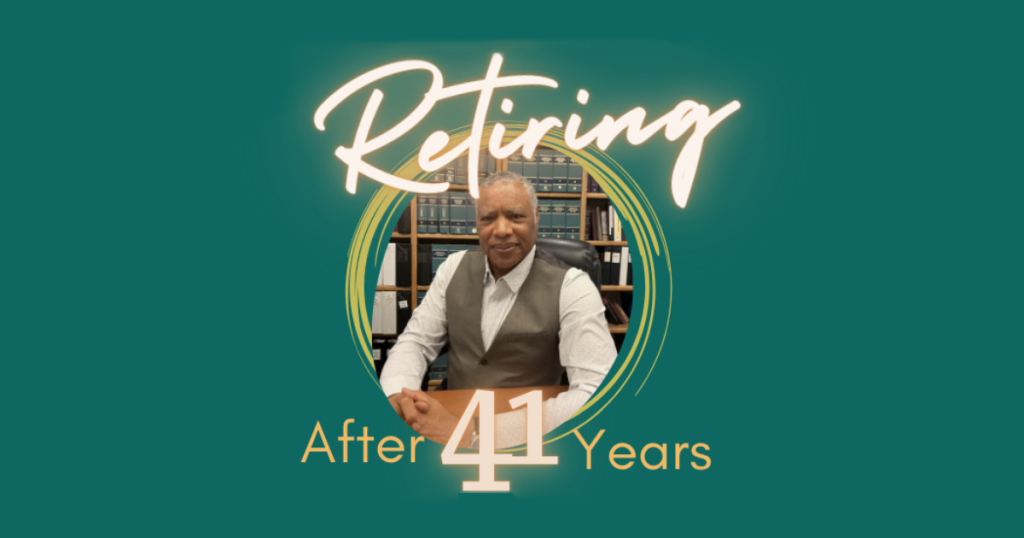Governor Doug Ducey recently issued a Declaration of Emergency regarding the COVID-19 outbreak in Arizona. This action will provide health officials and administrators with tools and guidance necessary to combat the continued spread of COVID-19 and to reduce financial burdens on Arizonans by lowering healthcare costs associated with the virus.
The Disability Rights Arizona (DRAZ) understands that confirmed cases of COVID-19 (coronavirus) in Arizona is a serious concern. We are closely following reliable information to make appropriate, fact-based, timely decisions and recommendations. We know that many people with disabilities are at higher risk and that the disability community will be disproportionately affected by an outbreak.
Knowledge is power. This page will provide information for the disability community to understand the risks. There are many things you can do to protect yourselves and help slow the spread of the virus.
Be prepared!
Special Education
Special Education Services: How are they impacted by this outbreak?
The Department of Education has issued guidelines on when and how students with disabilities will receive special education services during this time. https://www2.ed.gov/policy/speced/guid/idea/memosdcltrs/qa-covid-19-03-12-2020.pdf
DRAZ also has the following for students with disabilities and their families:
- COVID SPED Resource – Created by ACDL for Arizona families of students with disabilities.
- NDRN Resource List — A list of special education resources compiled by the National Disability Rights Network (NDRN).
- Resources for AZ Families During COVID — A list of Arizona specific resources that was compiled by the William E. Morris Institute for Justice.
Social Security
Social Security has posted information concerning COVID-19 and benefits. Please click on the link for information.
https://www.ssa.gov/coronavirus/
Health Care
Medicare now covers COVID-19 testing
Many health plans, including Medicare plans, are waiving the cost of all medically necessary COVID-19 screening and testing. Medicare Part B (Medical Insurance) covers a test to see if you have coronavirus. This test is covered when your doctor or other health care provider orders it, if you got the test on or after February 4, 2020.
You usually pay nothing for Medicare-covered clinical diagnostic laboratory tests. Note: Your provider will need to wait until after April 1, 2020 to be able to submit a claim to Medicare for this test.
Medicaid Information
The Centers for Medicare & Medicaid Services (CMS) posted additional Frequently Asked Questions (FAQs) to the Medicaid.gov website to aid state Medicaid and Children’s Health Insurance Program (CHIP) agencies in their response to the 2019 Novel Coronavirus (COVID-19) outbreak. CMS is taking this action in its continuing efforts to protect the health and safety of providers and patients, including those who are covered by Medicaid and CHIP.
A news alert with further information can be found here: https://www.cms.gov/newsroom/press-releases/covid-19-response-news-alert-cms-frequently-asked-questions-faqs-state-medicaid-and-childrens-health
How to Protect Yourself and Your Family
- Wash your hands often and well with soap and water. This is one of the best protections. Wash for at least 20 seconds, getting your palms, backs of hands, between fingers and under fingernails.
- Avoid touching your eyes, nose, and mouth with unwashed hands. This is how the disease can enter your system.
- If you cannot wash, use a large squirt of hand sanitizer that has at least 60% alcohol. Scrub like you were washing your hands until they are dry.
- Avoid places where there are lots of people. Maintain distance between yourself and others. Do not shake hands.
- The most common COVID-19 symptoms are fever, cough, and shortness of breath. If you have these symptoms, go or stay home and call your doctor.
- If you cough or sneeze, cover with a tissue, then throw the tissue away and wash your hands. If you don’t have a tissue, covering with the inside of your elbow is better than using your hands.
- These guidelines are especially important if you are in a high-risk group. Take care of yourself and others.
https://www.cdc.gov/coronavirus/2019-ncov/about/prevention.html
*What should you do if you think you’re sick?
If you are experiencing symptoms of COVID-19, and may have had contact with a person with COVID-19 or recently traveled to countries with apparent community spread, call your health care provider or local public health department first before seeking medical care so that appropriate precautions can be taken.
Know Your Rights
If you have been denied access to necessary services due to COVID-19 or feel that your legal rights have been violated, contact DRAZ:
Local: (602) 274-6287
Toll Free (within AZ): 1-800-927-2260
For More Information
Arizona Department of Health Services: https://www.azdhs.gov/preparedness/epidemiology-disease-control/infectious-disease-epidemiology/index.php#novel-coronavirus-home
Or call their hotline: 1-844-542-8201.

